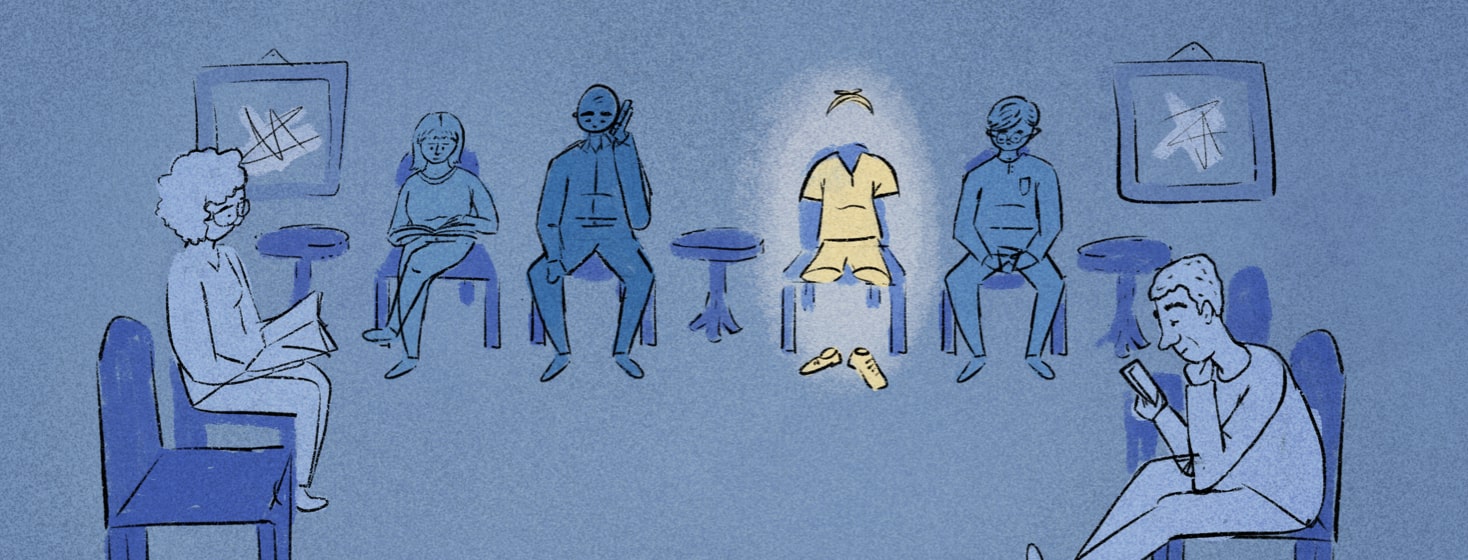Narcolepsy: A Rare and Invisible Condition
Narcolepsy is a relatively rare condition compared to most.
Invisible illnesses and hidden disabilities are gaining a lot more awareness. This is thanks to campaigns, more people being open, and raising awareness of them. However, they are still poorly understood and still have a lot of shame surrounding them.
Fighting to be heard and understood
Invisible illnesses are defined by the lack of externally visible signs or symptoms. People cannot look at you and instantly see how it physically impacts you. Yet, there is another hidden aspect of invisible illnesses and hidden disabilities. People do not see you fighting to be heard and understood. They do not see you fighting to be taken seriously by the people who should understand the most — medical professionals.
Experiencing gaslighting from medical professionals
Many of us experience gaslighting from specialists in our condition. Gaslighting from the ones who you think would understand most. They often tell us we are making it up. Many of us with narcolepsy (and other conditions, too) have to fight to get a diagnosis.
Did you know it frequently takes up to 8-10 years for a person to be diagnosed with narcolepsy?1
It's shocking. When I was going through the diagnosis process, one of the consultants I saw accused me of making it up. He insisted that my symptoms were "too textbook." They were "so textbook" because I had them. I knew the terms for my symptoms (e.g. cataplexy, automatic behaviour) because I spent months doing research.
Some medical professionals do not know much about narcolepsy
Then there is the battle with other medical professionals. The ones who have little to no clue about narcolepsy. I frequently have to educate medical professionals about narcolepsy.
When I go to the doctors, I look for answers and reassurance (even if it's not a narcolepsy-specific problem). They will ask, "Are you on any other medication?" So I tell them the medication and what it's for, and their expression tends to go blank because they don't know much about it.
It can feel like being pushed from pillar to post. General practitioners cannot comment on narcolepsy-specific problems. Specialists cannot deal with general health issues. This often leaves us without the answers we are searching for.
Much is still unknown about how narcolepsy impacts other conditions
Furthermore, even though narcolepsy research has come leaps and bounds, there are still heaps we do not know about narcolepsy. Professionals know little about how narcolepsy interacts with other conditions.
Although we do know that orexin deficiency is the biological cause of narcolepsy, I think knowledge about the impact of orexin deficiency is still poor. What other effects does this have? It is known that it can affect metabolism, but professionals who are not narcolepsy specialists would not know this and therefore would not consider this in treatment decisions. What other biological processes does it impact? What are the long-term effects of orexin deficiency?2
A frustrating lack of research and funding for a rare condition
Only further research can answer those questions. However, as narcolepsy is a rare condition, it doesn't attract massive research grants or campaigns for research. I understand that this is not a significant public health concern. However, it is incredibly frustrating. It means that new treatments can take years to develop, limiting our access to available treatments.
People do not see the stigma, shame, and gaslighting we have to contend with. For invisible illnesses, people don't get it until they get it.

Join the conversation